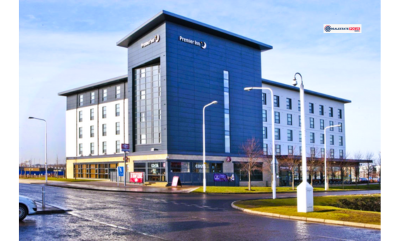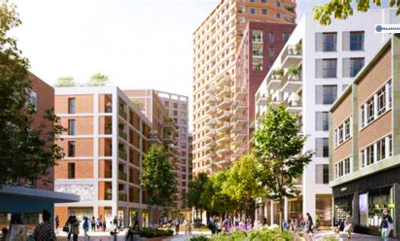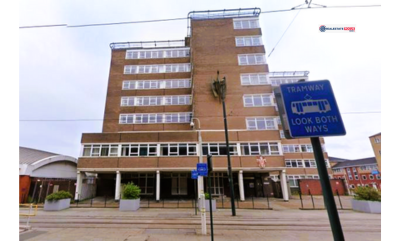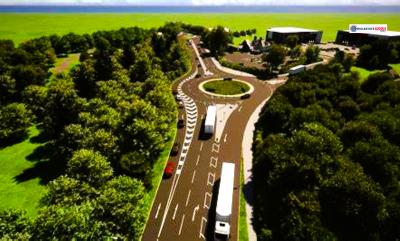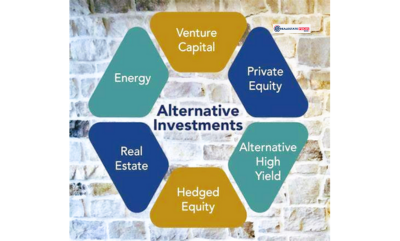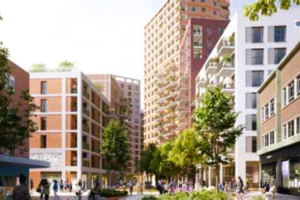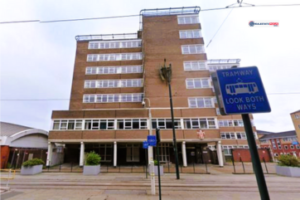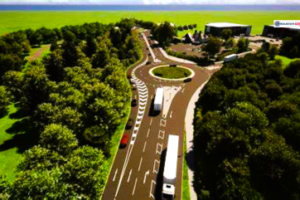
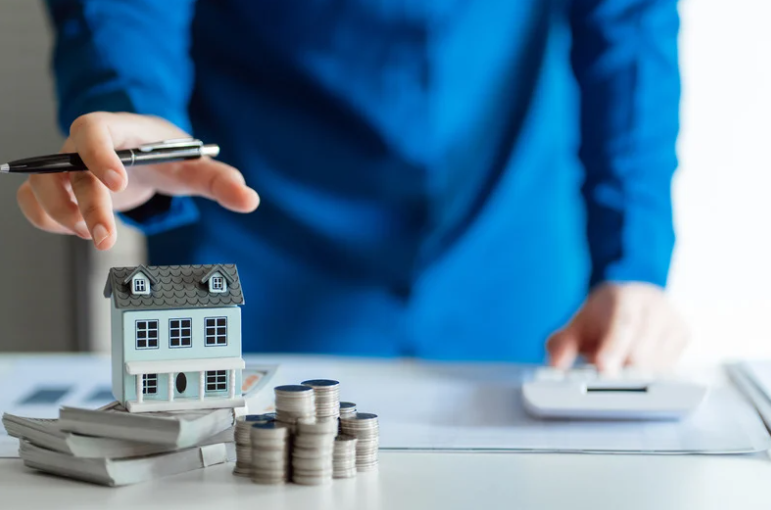
Sustainability in the Philippines Housing Market Amid Demographic Shifts
The housing market in the Philippines is undergoing significant changes due to a demographic shift, and sustainability is becoming a key factor in this transformation. As more people migrate to urban centers in search of better opportunities, the demand for housing is growing rapidly, particularly in areas like Metro Manila, Cebu, and Davao.
This increase in population and urbanization is creating new challenges for developers, policymakers, and communities, pushing them to consider long-term solutions for sustainable growth.
Urbanization is driving the shift, as young people and families leave rural areas for cities with more job opportunities. With a growing middle class and higher earning power, many people are now able to afford better housing.
This trend is creating a surge in demand for both affordable and mid-range housing. At the same time, older generations are staying in their homes longer, limiting the availability of properties for younger buyers. The housing supply in urban areas is struggling to meet the increasing demand, leading to rising property prices.
In response to these shifts, developers are increasingly focused on building more residential spaces, particularly in the form of condominiums and apartment complexes. These urban developments offer a practical solution for accommodating the growing population within city limits.
However, the rising costs of construction materials, labor, and land are making it more challenging for developers to build affordable housing. Without sustainable development practices, these challenges may continue to increase, further driving up property prices and limiting housing options for low- and middle-income families.
Sustainability is also a growing concern for both buyers and developers in the context of climate change. With natural disasters like typhoons and floods becoming more frequent and severe, there is an increased demand for housing that is more resilient to extreme weather conditions. This has led to a rise in the popularity of homes built with flood-resistant materials, improved drainage systems, and stronger structural designs.
Developing sustainable homes that can withstand these natural hazards is crucial for ensuring the long-term livability of urban areas, especially in regions that are prone to climate-related risks. As urban centers continue to grow, infrastructure and basic services are also under pressure.
Sustainable urban planning is essential to ensure that the increasing population has access to essential services like schools, healthcare, public transportation, and utilities. Developers are working to build mixed-use developments that include not only residential spaces but also shops, offices, and community centers.
This approach promotes sustainability by reducing the need for long commutes and creating more self-sufficient neighborhoods. Another aspect of sustainability is energy efficiency. With rising energy costs and growing awareness of environmental issues, there is an increased demand for homes that are energy-efficient and use renewable energy sources. Builders are incorporating energy-saving technologies such as solar panels, efficient insulation, and smart home systems into their designs.
These eco-friendly features not only help reduce energy consumption but also lower utility costs for residents, making them more appealing to buyers who are concerned about sustainability. Affordable housing remains one of the most significant challenges in the Philippines’ housing market.
As more people move to the cities, the pressure on affordable housing becomes more pronounced. While there are government programs designed to help low-income families secure housing, the supply of affordable homes is still limited. Developers are increasingly focusing on building lower-cost units, but many of these developments are still not within reach for the poorest residents.
To address this gap, the government and private sector must work together to implement policies that encourage the construction of more affordable, sustainable housing. Suburban and rural areas are also experiencing changes as a result of the demographic shift.
With more people working remotely or in less densely populated areas, there is a growing interest in suburban properties that offer larger homes and more space for families. These areas are seen as more affordable alternatives to the crowded urban centers.
As demand for homes in suburban and rural areas grows, developers are looking for ways to build sustainable, energy-efficient communities that can provide the same level of services and infrastructure found in cities. The Philippine government is increasingly focused on creating policies that support sustainable housing development.
This includes enforcing building codes that require the use of energy-efficient materials and promoting the use of green technologies in new constructions. At the same time, urban planning policies are being revised to ensure that new developments are built in locations that minimize environmental risks and are accessible to public transportation networks.
Sustainable housing is not just about the physical structure of the homes but also about ensuring that entire communities are resilient, affordable, and able to meet the needs of their residents.
For developers, the challenge lies in balancing the demand for urban growth with the need for sustainability. While building more homes to accommodate the increasing population is important, developers must also prioritize environmental and social sustainability. This includes considering the long-term impact of new developments on the environment, as well as ensuring that homes are built in a way that supports the well-being of residents.
To achieve this, collaboration between government agencies, private developers, and local communities is essential. The Philippines’ housing market is at a crossroads, with demographic shifts influencing the way people live and where they choose to settle.
As the country faces increased urbanization, climate change, and the growing demand for affordable housing, sustainability will play a crucial role in shaping the future of the housing sector. The challenge will be to create homes and communities that are not only economically viable but also environmentally responsible and socially inclusive.
In the coming years, the success of the housing market will depend on how well developers and policymakers can adapt to these changing demands and prioritize sustainable growth. By integrating sustainable practices into urban planning, construction, and housing policy, the Philippines can build a housing market that meets the needs of its growing population while preserving the environment and improving the quality of life for its residents.


